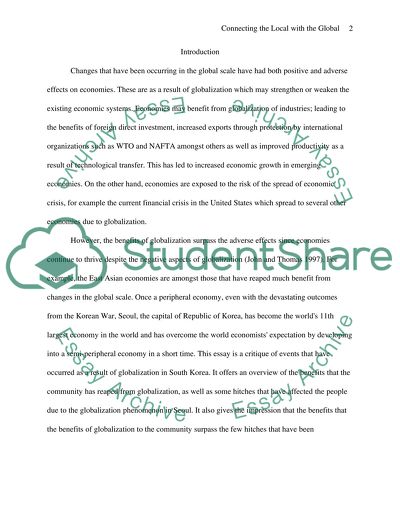Cite this document
(Connecting the local with the global Coursework, n.d.)
Connecting the local with the global Coursework. https://studentshare.org/macro-microeconomics/1557913-connecting-the-local-with-the-global
Connecting the local with the global Coursework. https://studentshare.org/macro-microeconomics/1557913-connecting-the-local-with-the-global
(Connecting the Local With the Global Coursework)
Connecting the Local With the Global Coursework. https://studentshare.org/macro-microeconomics/1557913-connecting-the-local-with-the-global.
Connecting the Local With the Global Coursework. https://studentshare.org/macro-microeconomics/1557913-connecting-the-local-with-the-global.
“Connecting the Local With the Global Coursework”. https://studentshare.org/macro-microeconomics/1557913-connecting-the-local-with-the-global.


